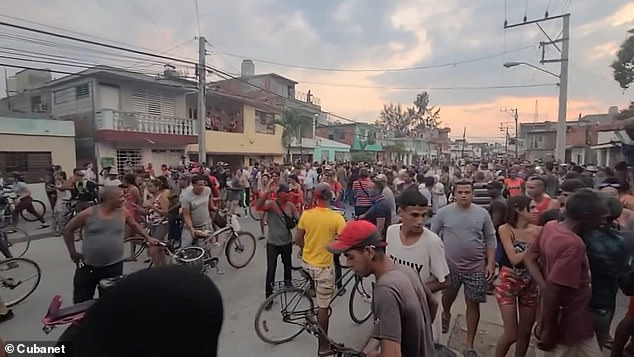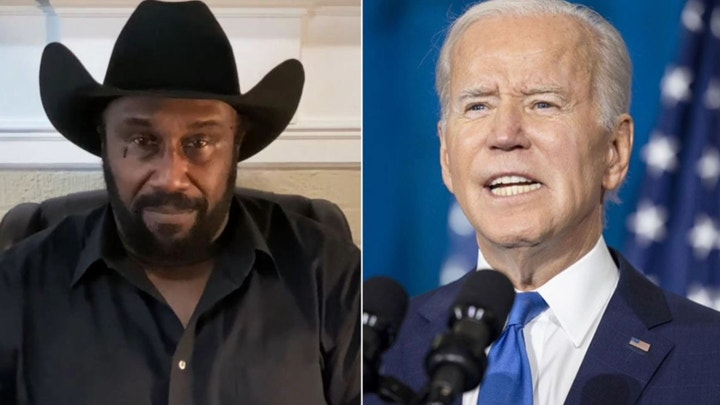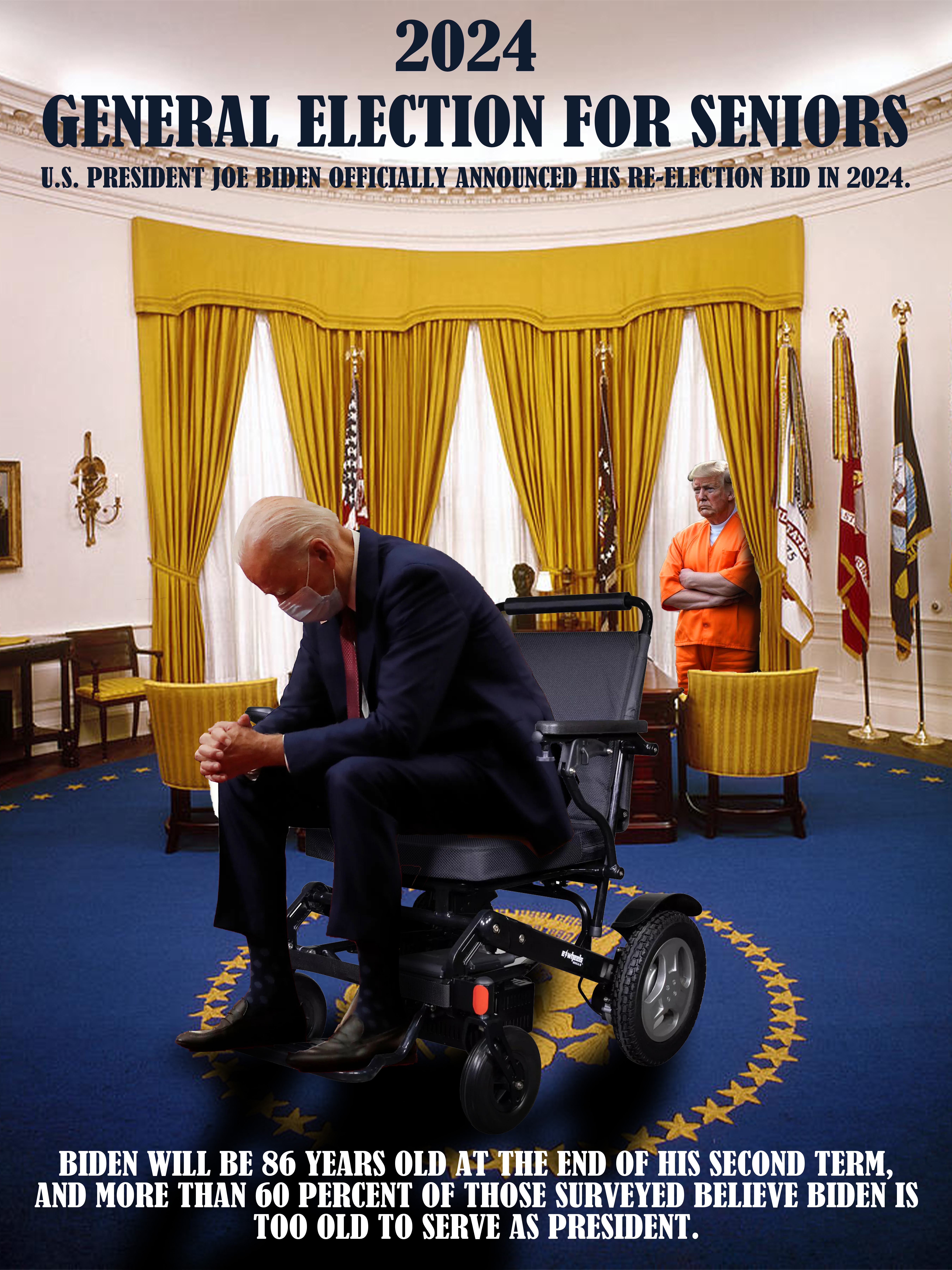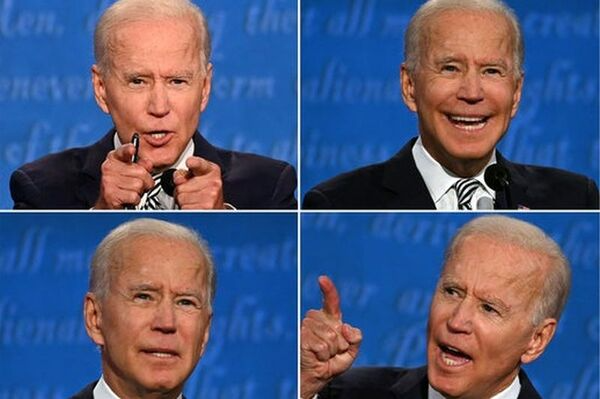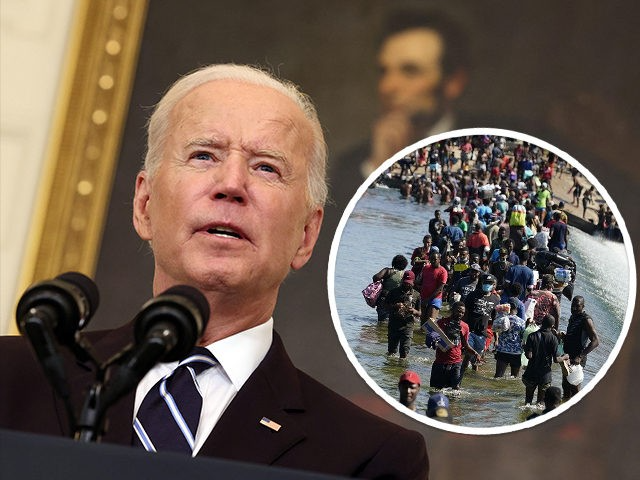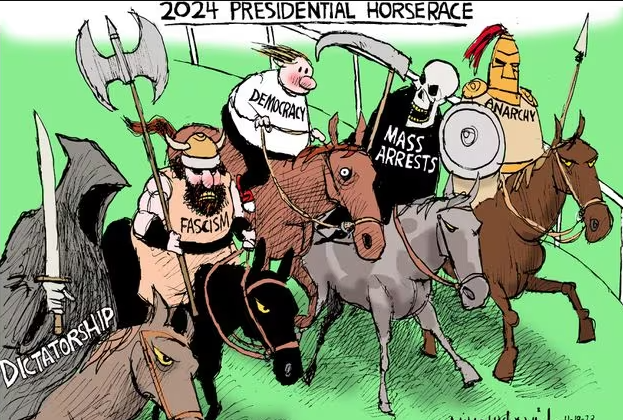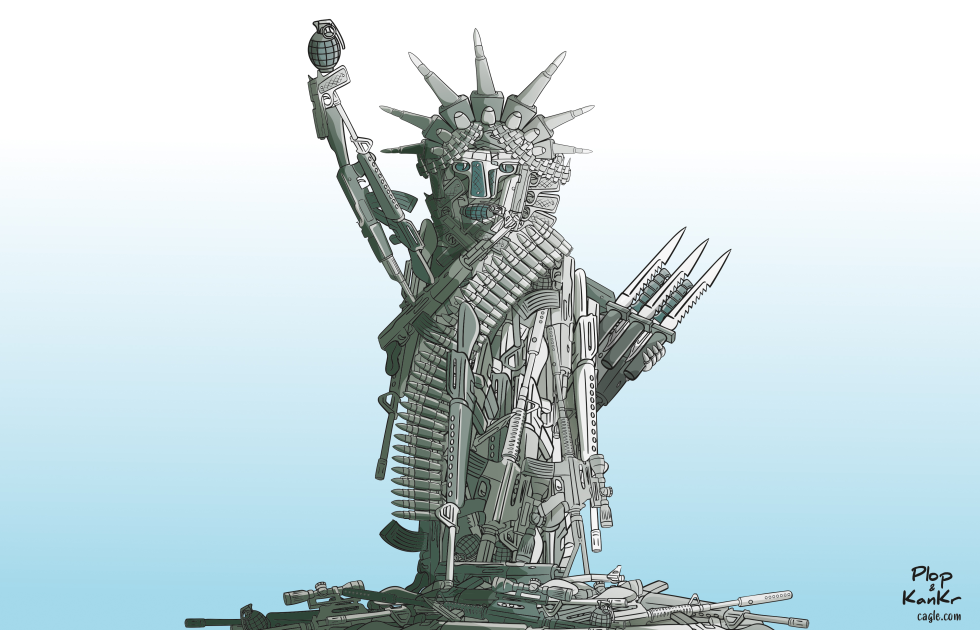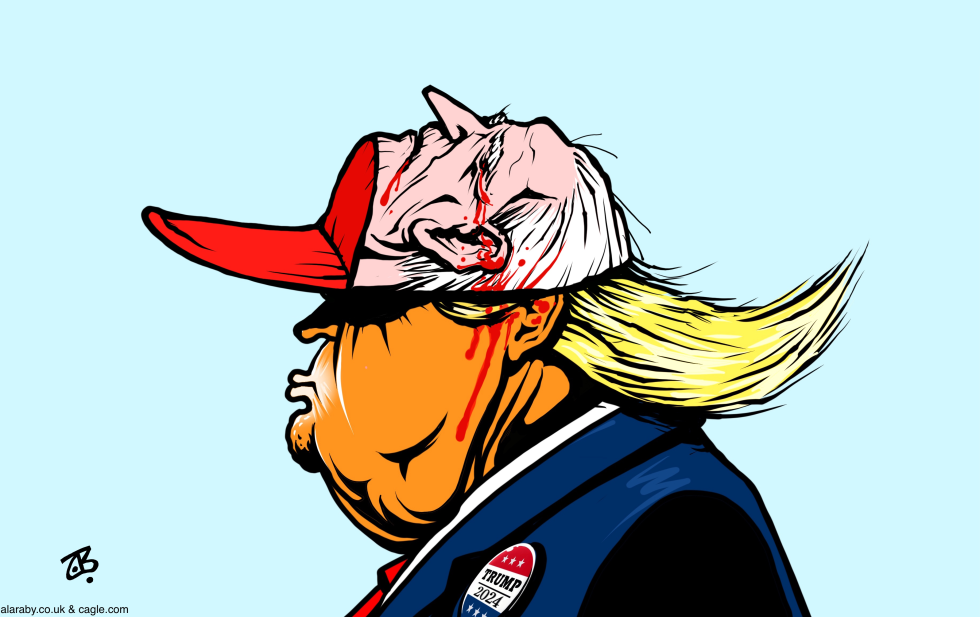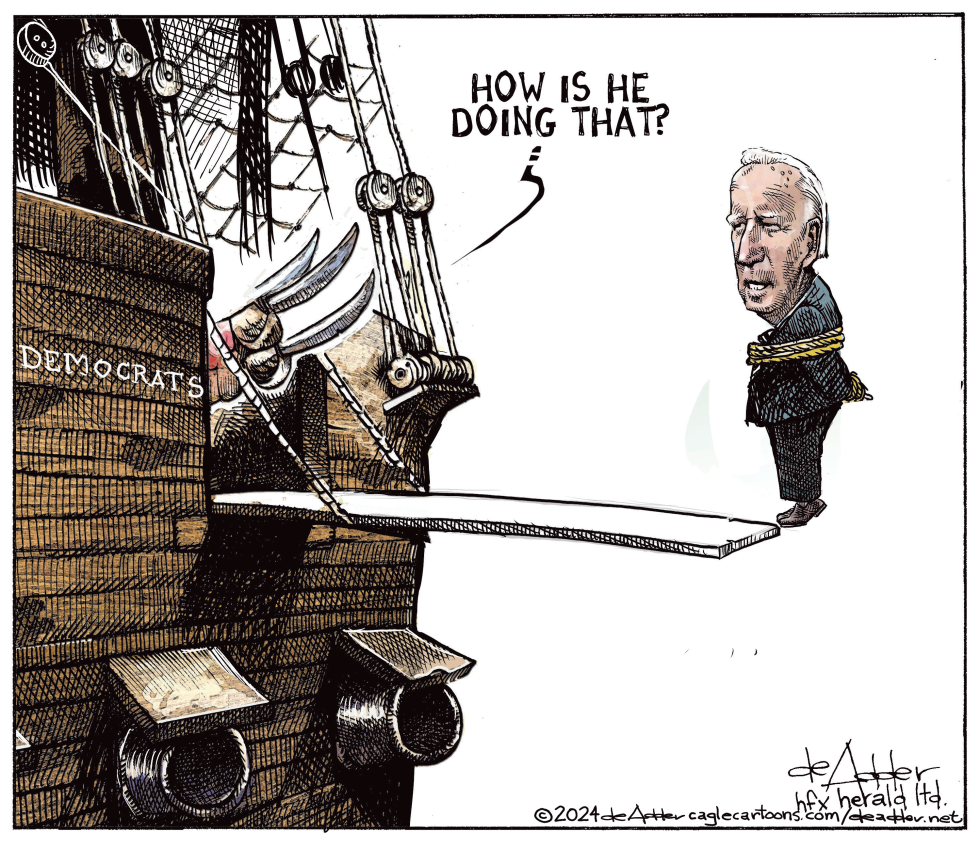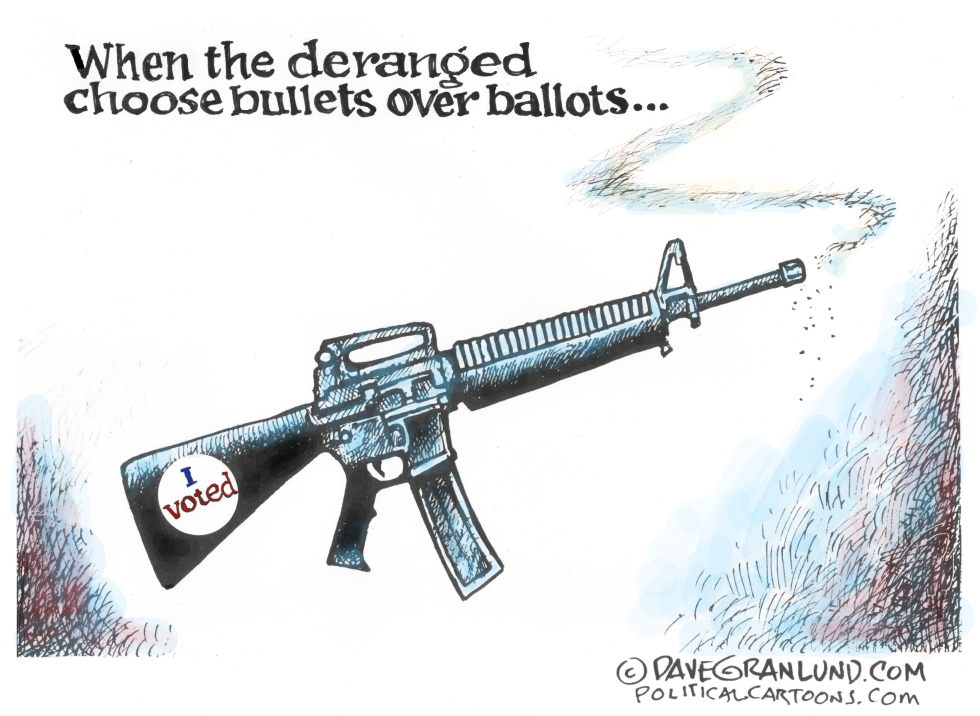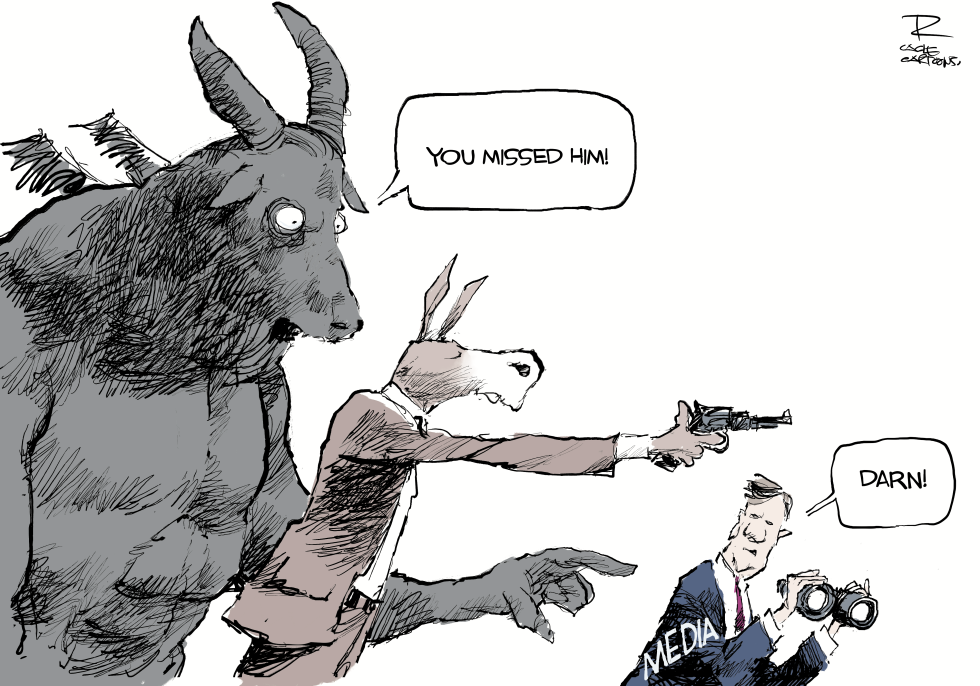Cuban president accuses United States of 'criminal blockade' and stoking recent protests over food shortage and blackouts
Cuban President Miguel Díaz-Canel slammed the United States government, accusing it of meddling in its country’s affairs.
Díaz-Canel’s stance was in response to the U.S. State Department, which the communist island accused Monday of backing hundreds of residents who rallied in the streets to protest food and electricity shortages.
Speaking to NBC News on the sideline of Havana’s International Informatics Fair, the communist leader claimed the U.S. embargo, which dates back to 1958, is illogical.
‘They’re always looking for justifications and turning things around,’ Díaz-Canel said. ‘The most absurd thing is that they have applied a criminal blockade against us for more than 65 years. That is the absurdity.’
The Cuban leader, who was the First Secretary of the Communist Party and is the most powerful person in the government, blasted the United States for labeling it as a state sponsor of terrorism, along with Iran, Syria and North Korea.
‘We are free, sovereign and independent, and we are going to continue building our revolution,’ Díaz-Canel said. ‘Despite the tightening of the blockade, despite the fact that we have been included on a spurious list that can only be invented by a government as genocidal and as hegemonic as the government of the United States.’
The United States sanction were imposed following the Cuban Revolution from 1953 to 1959.
‘The revolution is very solid, and the Cuban people are very aware of what it means to lose the revolution,’ Díaz-Canel said.
The Cuban government said five demonstrations were held Sunday and it warned residents about falling for the lies and exaggerations that were being spread on social media.
Demonstrators also expressed their discontent with the government by holding protests in Santa Marta, near the beach resort town of Varadero, and Los Mangos, a neighborhood in the city of Matanzas.
Sunday’s protests, which are rare in Cuba, were the largest single night of confirmed demonstrations since October 2022 after residents were left without electricity for almost a week because of Hurricane Ian.
Cuba’s state-run newscast early on Monday showed posts from social media - including some from U.S. members of Congress - about the demonstrations, and accused U.S.-based agitators of seeking to confuse the situation or stoke anger by suggesting government repression or more widespread protests than was actually the case.
